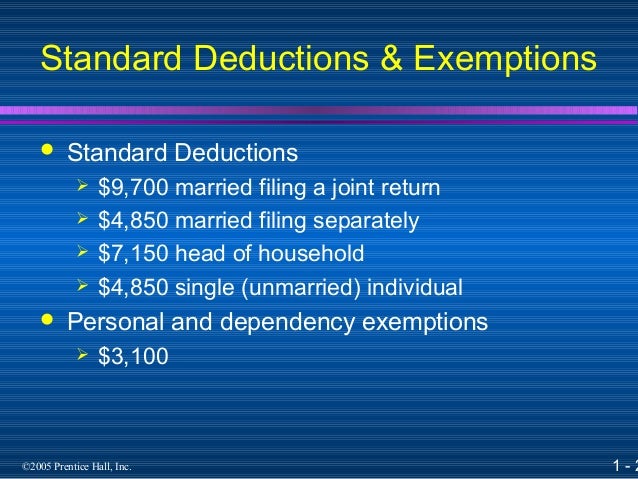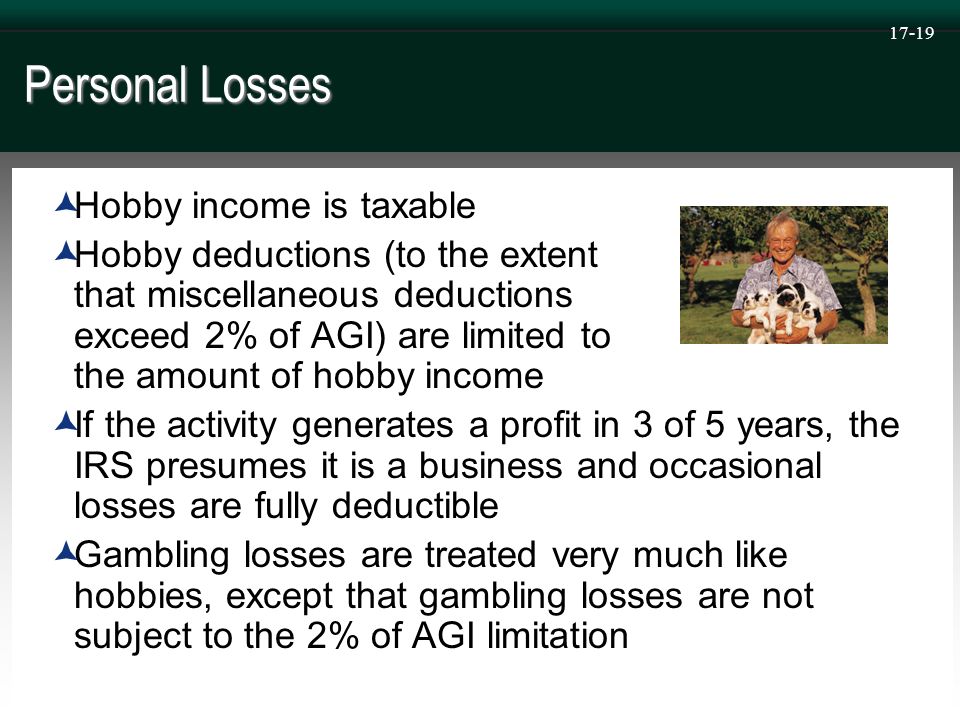Gambling Losses Agi


Gambling winnings, even if there’s a net loss for the year, and game show winnings can increase the cost of health insurance premiums for low-income individuals or families who obtain their insurance through the Marketplace and, in some cases, those enrolled in Medicare coverage.
We all know how tangled a web our tax laws are, and adding Obamacare to the equation has created this oddity.
Although the Chief Counsel Advice Memorandum (CCAM 2008-011) introduced the concept of “gambling sessions,” which essentially nets winnings and losses for those who follow the required record keeping rules, taxpayers generally cannot net their winnings and losses on their tax returns. The total gambling winnings are included in the adjusted gross income (AGI) for the year, and while the losses are deducted as an itemized deduction and limited to an amount not exceeding the reported winnings for the year.
Thus, whether or not a taxpayer itemizes deductions and deducts their gambling losses, the full amount of the gambling winnings is included in their AGI; their AGI is used to determine their household income, which in turn is used to determine the amount of premium tax credit (PTC) to which the taxpayer is entitled. The higher the income, the lower the PTC, and the lower the PTC, the higher the insurance premiums.
Can You Claim Gambling Losses Against Wins

You must list each individually, with the winnings noted on your return as taxable income and the loss as an itemized deduction in Schedule A. In this instance, you won’t owe tax on your winnings because your total loss is greater than your total win by $2,000. However, you do not get to deduct that net $2,000 loss, only the first $6,000. “(A) the amount of loss to such individual arising from each casualty, or from each theft, exceeds $100, and “(B) the aggregate amount of all such losses sustained by such individual during the taxable year (determined after application of subparagraph (A) exceeds 10 percent of the adjusted gross income of the individual.”. Gambling winnings increase Adjusted Gross Income (AGI) but gambling losses do not decrease AGI except for a Professional Gambler. Even if an equal amount of gambling winnings and losses are on the tax return, taxable income can be higher than if the gambling winnings and losses did not exist. You can’t reduce your gambling winnings by your gambling losses and report the difference. You must report the full amount of your winnings as income and claim your losses (up to the amount of winnings) as an itemized deduction. Therefore, your records should show your winnings separately from your losses. Diary of winnings and losses. Gambling losses are deductible only to the extent of gambling winnings reported on line 21 of IRS Form 1040. AGI: Adjusted Gross Income You do want your income increased and that is until you have to pay taxes on it. Winnings will increase a taxpayer’s AGI.
If gambling winnings exceed certain thresholds based on the type of the taxpayer’s gambling and the amount won, then the casino, poker palace or racetrack is required to send the taxpayer and the IRS a Form W-2G that shows the winnings, so you can be sure the IRS will be aware of their gambling income. Even if losses for the year exceed the taxpayer’s winnings or the taxpayer doesn’t receive a W-2G form, the IRS expects winnings to be reported, which will increase the taxpayer’s AGI and likely also their Marketplace-purchased insurance premiums.

Gambling Losses In 2019

Similarly, if a taxpayer wins goods on a game show, the taxpayer may also receive a W-2G, adding to their AGI for the year. Even if they give any of the goods to charity, that would, like gambling losses, be an itemized deduction.
Gambling Losses In 2018
Although impacting very few, the scenario also applies to taxpayers on Medicare. An individual’s Medicare B and D premiums are based on their AGI from two years prior. Thus, a taxpayer who had gambling winnings from two years back could see increases in both their monthly Medicare B premiums and supplement for the Medicare D (prescription drug coverage). However, the Medicare premium increase generally impacts higher-income individuals who can more easily deal with the increased costs.